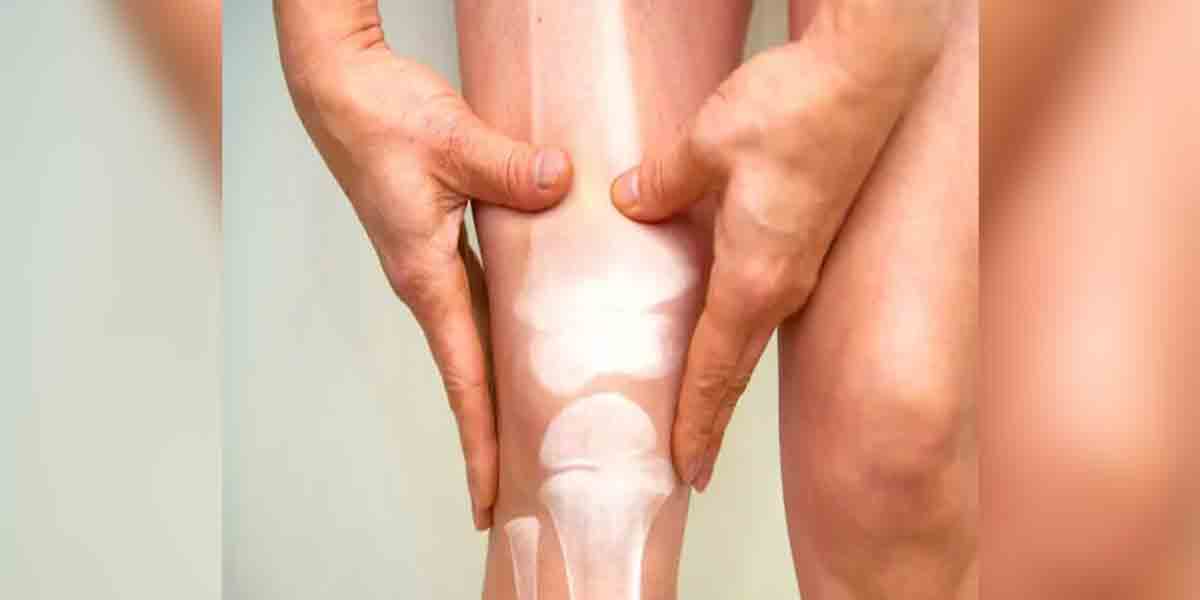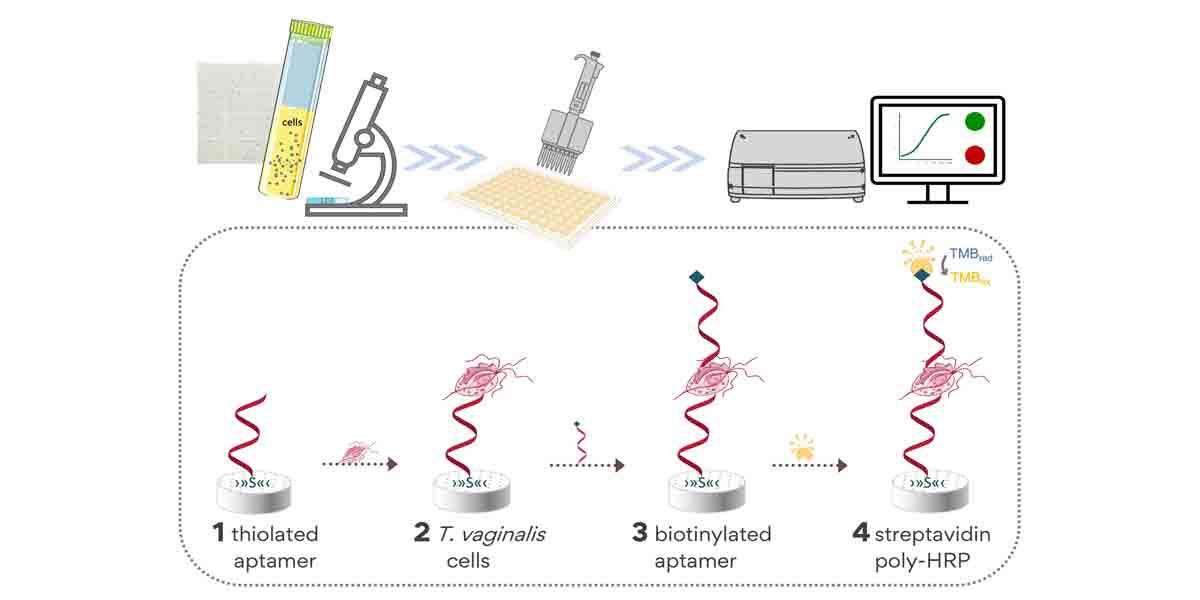Seven former health secretaries joined calls of medical professionals for the Senate to junk the Vape Bill, which seeks to roll back regulations on the sale, manufacture, and marketing of vapes and e-cigarettes in the country.
“The Vape Bill is a huge step back in protecting Filipinos’ health. It is a danger, especially in a pandemic,” according to former health secretaries Dr. Alfredo Bengzon, Dr. Esperanza Cabral, Dr. Manuel Dayrit, Dr. Enrique Ona, Dr. Carmencita Reodica, Dr. Paulyn Ubial, and Dr. Jaime Galvez Tan. “We call on the Senate to junk this bill in its current form,” the former secretaries added.
Vapes and e-cigarettes are common names for electronic nicotine and non-nicotine delivery systems (ENDS/ENNDS) and heated tobacco products (HTPs), which are covered by Vape Bill or the proposed Vaporized Nicotine Products Regulation Act (SBN 2239), authored by Sen. Ralph Recto.
The former health secretaries noted that the Vape Bill relaxes the provisions of RA 11467, an existing law that strictly regulates the said products. The bill lowers the age of access to vapes and e-cigarettes from 21 to 18, and transfers regulatory jurisdiction from the Food and Drug Administration to the Department of Trade and Industry. The bill also reverses a ban on flavors (except menthol and tobacco) and allows sales online.
“By lowering the age of access from 21 to 18, the Vape Bill exposes more of our youth, those who are still in senior high or about to enter college, to HTPs and e-cigarettes,” said Galvez-Tan. “Why are we exposing them to this risk when under our laws, we are already protecting them?” he asked.
“Our senators should listen to our health experts at this crucial time. The medical community already explained that nicotine exposure at a young age impairs maximum development of the brain, making the youth vulnerable to engaging in harmful habits that are hard to break,” Reodica added.
Meanwhile, Ubial said that “data on the use of vapes and e-cigarettes among the youth show that we should be strengthening, and not relaxing our policies on these products.”
Ubial cited the results of the 2019 Global Youth Tobacco Survey (GYTS), which show that 1 in 7 Filipino students aged 13 to 15 use e-cigarettes. The GYTS also shows that 1 in 8 Filipino students aged 13 to 15 currently use tobacco products.
“If our Senators pass this Vape Bill, it shows that they are gambling with the lives of our youth and children, and would rather prioritize the interests of the vape and tobacco industry rather than the health of our people during a pandemic,” Ubial said.
Dayrit also hit the bill’s reversal of the ban on flavors. “Allowing more flavors for these harmful products does not make sense,” he said. “There are around 16,000 vape and e-cigarette flavors on the market right now, and we know children and youth are more attracted to flavors,” he said. ““Regulations should aim to make these harmful products less appealing, not more enticing.”
Bengzon added: “If the industry is sincere in promoting these products as supposed ‘cessation tools’ for smoking, then why do the provisions of the Vape Bill treat these products as normal consumer products? Why not treat these the same way as other cessation tools, treated as medical and pharmaceutical products under the jurisdiction of the FDA?”
“The best way to curb smoking is still to quit, not shift,” said Ona. Echoing the calls of medical groups, Ona stressed that smokers should not replace one addiction with another addiction, especially in the context of COVID-19. “Let’s not forget that the first case of EVALI (e-cigarette and vape associated lung injury) was already reported in the Philippines. Passing the Vape Bill will only increase our public health burdens,” he said.
“We do not need a harmful Vape Bill to be passed in a pandemic,” added Cabral. “We do not need this Bill. We urge our Senators to junk this Vape Bill and prioritize other far more urgent health measures.”
Opposition to the Vape Bill continues to intensify as doctors, health professionals, youth, and law groups continue to make calls to junk the Vape Bill while deliberations are ongoing. Youth organizations and student councils have voiced out strong opposition against the bill, stating that the bill is anti-youth, anti-health, and pro-industry.























